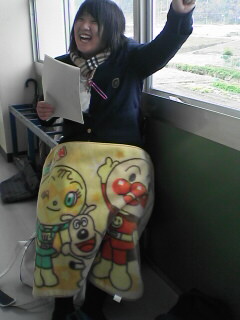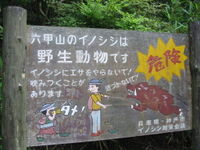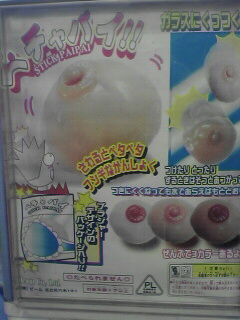Holiday with the Conversation Class
We love, love, love our conversation class! It is so wonderful to interact with people who actually want to learn English, plus they can answer our questions about Japanese society n stuff, and they just rock in general.
We have a variety of levels, but since most of the students are really advanced, we cater to that. Since they have a variety of interests, we've covered: homosexuality in the US, beard styles, idioms, guns in the US, airports, and more! One of our students types up a review of the previous week's lesson to give to everyone.

As we are in the holiday season, they requested a Christmas party. How could we say no? And since they'd never had turkey, we ordered one online and roasted it for the party. And thanks to my Boston Market experience, I wowed them all with my ahem, amazing carving ability. Seriously, they were silent while I dismembered the bird. Everyone liked the turkey, which almost disappointed us because we wanted all the leftovers! ;) The students all brought some food, so we had a great mix.
After dinner we did a White Elephant exchange- the style where you can steal another person's present. Not surprisingly, everyone was too polite to swipe a present, so it was up to Aaron and me to start the scandal. Man, the look on Kazumi's face when I took her thermos! Then the hands started grabbing! So much fun... and Kazumi was eventually reunited with her thermos. Happy ending for all.





